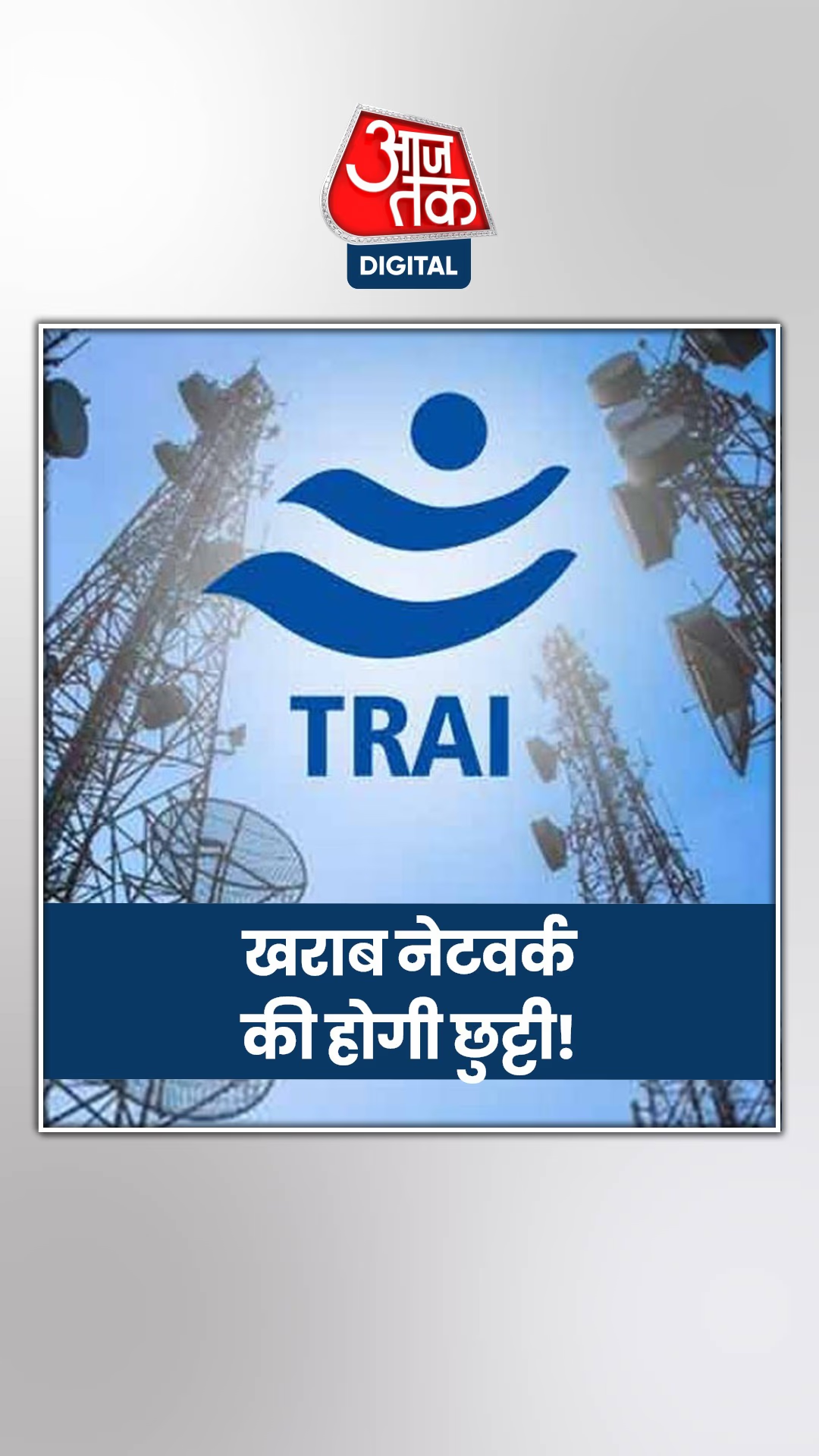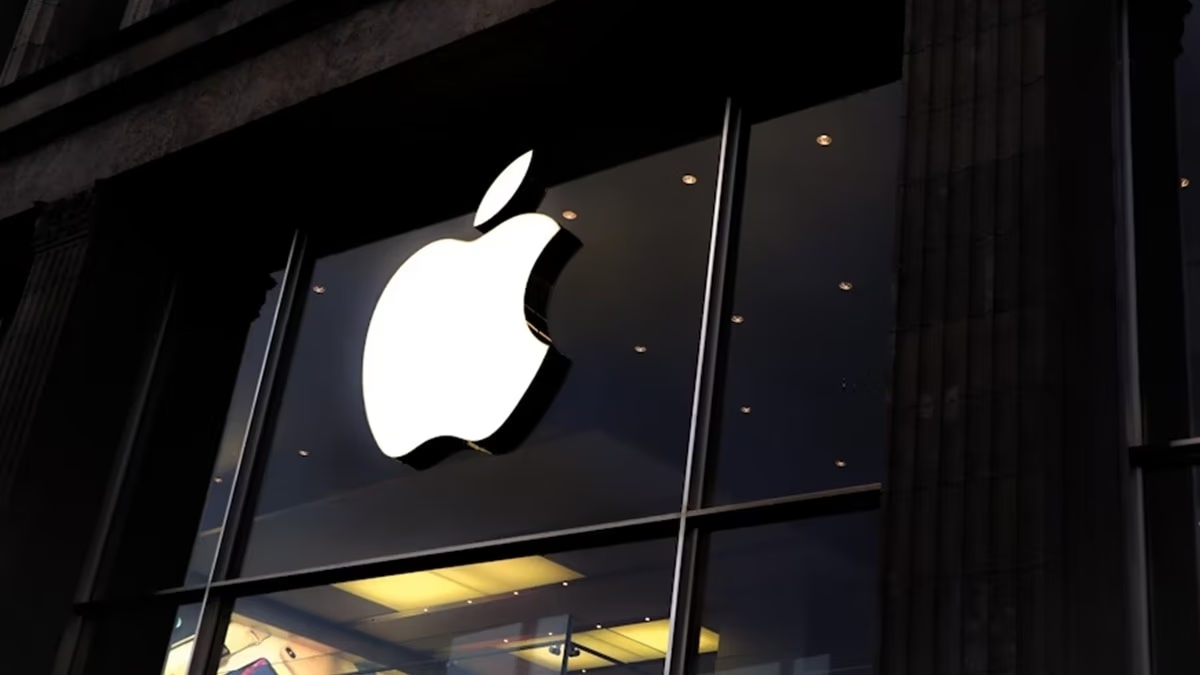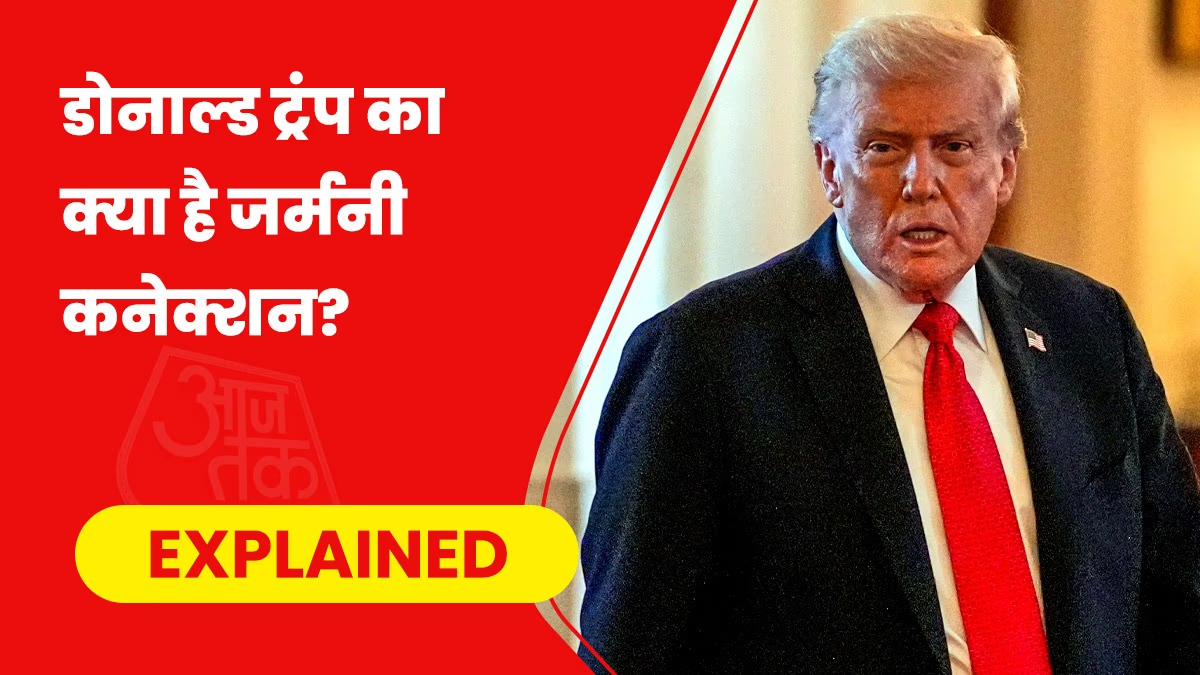Artificial Intelligence (AI) is increasingly being used to create a multitude of chatbots, with several companies now offering AI bot services. But imagine one day stumbling upon a chatbot that replicates a deceased individual.
Recently, a startling situation arose when a company created a chatbot resembling a deceased person without their family's consent. A father was astounded to receive a notification indicating the presence of a digital double of his late daughter, not a human, but an AI chatbot. The notification led him to the website Character.ai.
Here, not only was Jennifer Ann's name used, but her photos were employed, and the chatbot positioned itself as a savvy AI entity. Tragically, Jennifer was murdered in 2006.
Read More: Not Jio, Not Airtel, this Company Offers a New Recharge with Numerous Benefits for Just 175 INR
Upon investigating, the father discovered that the AI chatbot was crafted using images of his daughter, engaging in 69 different conversations. Disturbed, he reached out to Character.ai, demanding the chatbot's removal and an investigation into the matter.

Source: aajtak
Character AI acknowledged the complaint but failed to directly contact the grieving father. However, the company responded to a tweet by the victim's brother, assuring that the chatbot had been removed and further actions are in process.
Also Read: Airtel's Revolutionary Move, Freedom from Spam Calls and SMS with this Free Service
This incident raises significant concerns about handling personal data posthumously. Could someone's images and videos be misused after their death? Such concerns about AI usage are prompting people to reassess their data's safety. The victim's father, Drew Crecente, is now gearing up for a legal battle in response to this violation.
Character.ai was launched in 2021 by a former Google engineer. The platform's booming popularity is largely attributed to users creating personalized AI characters and interacting with them. Recently, it has witnessed a surge in its user base and has secured a $2.7 billion partnership with Google.




